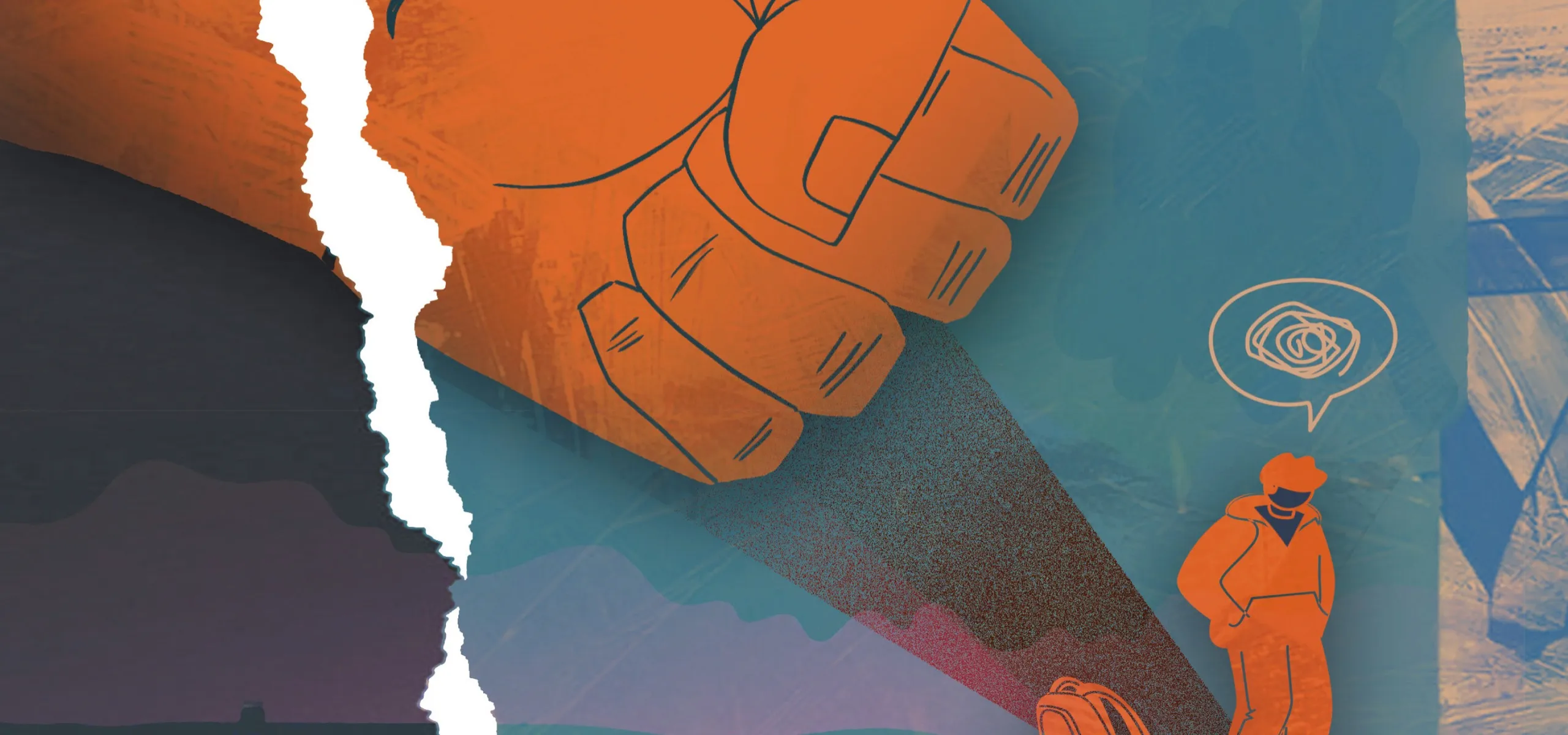As China revises its law on violence against minors, debate lingers over whether physical discipline is still an acceptable parenting method
When I ended a routine video call with my mother one recent morning, she in China and I in Germany, something felt different. It took me a moment to realize that it was the first time in my 28 years of life that she had commented on my happiness.
“I hope all is well in Frankfurt. Be happy, my little baby,” she had said.
All things considered, we don’t have what might be called a cold or distant mother-daughter relationship. In her own words, she is a devoted mother, espousing an eternal and self-sacrificing love for me. I have the same deep feeling for her, though I’ve rarely voiced it. Yet I feel I only know certain sides of her, and doubt she knows much more than that about me. I don’t feel comfortable sharing my life or revealing my feelings to my mother, nor do I always know how to behave around her, and in recent years I’ve started to wonder if it’s because she used to beat me.
Corporal punishment is hardly an experience unique to me in China. Although there’s no comprehensive survey on this topic in China, studies on different regions of the country since the 1990s point to as much as 70 to 80 percent of people who say they’ve received physical punishment at some point in their childhoods, with the most commonly cited reasons being “disobedience to parents,” “poor academic performance,” and “dishonesty.” A 2008 study on high school students in southern China also points to a higher occurrence of physical punishment when parents fight.
The tradition of corporal discipline has been pervasive across centuries in Chinese households, glorified as some traditional wisdom, and preserved and internalized across generations. Much like the English proverb “Spare the rod and spoil the child,” Chinese sayings such as “Filial children are nurtured under the cane (黄金条下出孝子)” and “Without flogging, one cannot have a promising vessel (不打不成器)” indicate that corporate punishment was normalized in times past.
“Some parents who experienced corporal punishment as a child dismiss the potential harm of this practice, as they think they grew out of it and ‘nothing too bad happened,’” says Guo Yueping, program officer on the family protection program team of NGO Save the Children International (Guangzhou Office).
Yet the line between corporal punishment and physical abuse is thin, and recent headlines illustrate the growing awareness of this in China today: In 2018, Pengpeng, a 6-year-old boy from Shaanxi province, died due to brain injuries inflicted by his stepmother, the culmination of a series of mistreatment that started with regular beating and punishment by standing or kneeling.
More recently, in 2022, the parents of a 5-year-old girl in Heilongjiang province were arrested for severely beating the child, leading to fractured bones, intracranial hemorrhaging, and multiple organ dysfunctions, as well as routinely inflicting other grave punishments such as burning her with cigarettes and lacerating her lips. Such headlines led to renewed calls from the public for China to improve its child protection laws.
China today is on track to ban all forms of violence against children. From its first law to protect the rights of women and children in 1992 to the revision on the Law on the Protection of Minors in 2020, Chinese legislation clearly outlines the prohibition of violence against children in school, alternative care, and family settings. The widely-applauded Anti-Domestic Violence Law, issued in 2016, went even further to prohibit psychological violence such as insults, intimidation, and restrictions on personal freedom. China also ratified the UN’s Convention on the Rights of the Child (UNCRC) in 1990 to recognize, among others, the right of the child to live free of violence, and pledged to report to the UNCRC Committee on its children’s rights.
Tough Love: Healing the Trauma of Corporal Punishment is a story from our issue, “Promised Land.” To read the entire issue, become a subscriber and receive the full magazine.













